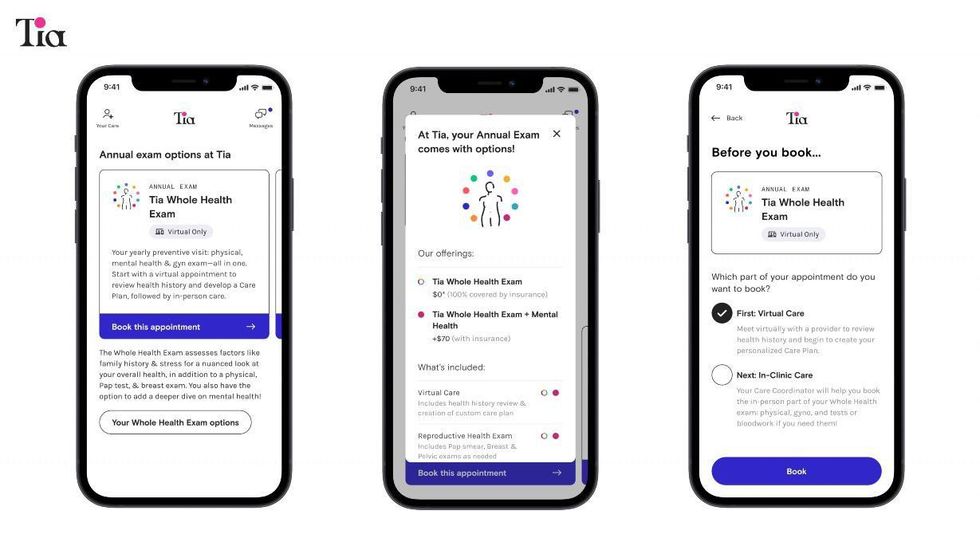This week on Behind Her Empire, we hear from Afton Vechery, the co-founder and CEO of Modern Fertility, a startup that aims to make fertility testing more affordable and accessible.
Vechery drew on her personal experiences with reproductive care when she was starting her company. She said she found doctors often aren't open to referring patients to fertility testing if they are not actively trying for a pregnancy.
Once she finally was able to get tested, she said it cost upwards of $1,500.
Vechery said she was very disappointed by the barriers people with uteruses had to overcome just to get basic information about their bodies. Every person has a different fertility curve. As she started her company, she found people were demanding these type of services.
"The 'A-ha' moment was really sharing this experience with my friends that then turned into friends of friends, and truly hundreds of women that were reaching out and having conversations about reproductive health and fertility."
Being able to offer users customized information about their fertility empowers them to be active participants in their family building decisions, "as opposed to having biology make those decisions for you," she said.
"I think it's just what people with ovaries deserve to have at their fingertips," she added, "more tools and more solutions."
Disseminating information is cornerstone to Vechery's entrepreneurship philosophy. A project for her high school science fair testing water quality in her neighborhood led her to start a water testing company. She talked about how this project inspired her and grew her interest in entrepreneurship.
After college, she went on to work in clinical settings and as an investor. Vechery said as she began her work on Modern Fertility, she felt uniquely suited to address this information gap.
Afton Vechery is the co-founder and CEO of Modern Fertility.
"When I was pitching Modern Fertility to investors, there was just kind of confusion and disbelief 'You're creating a fertility company, for people that don't want to get pregnant. What is that?'" —Afton Vechery
dot.LA Engagement Intern Colleen Tufts contributed to this post.
Want to hear more of the Behind Her Empire podcast? Subscribe on Stitcher, Apple Podcasts, Spotify, iHeart Radioor wherever you get your podcasts.


